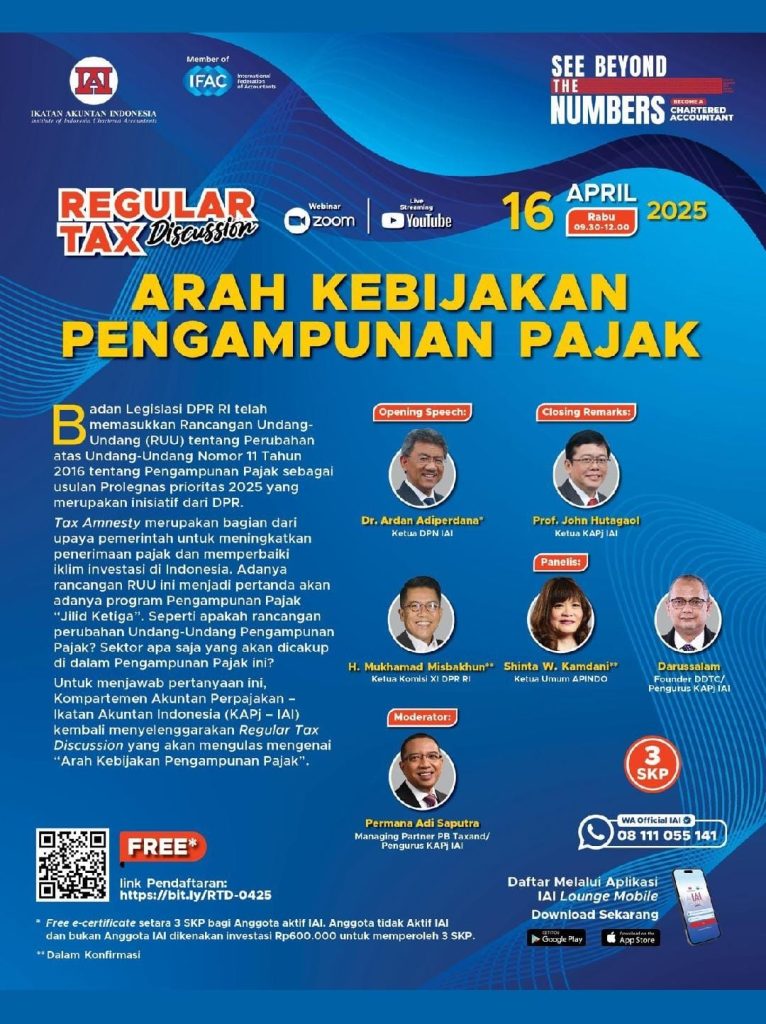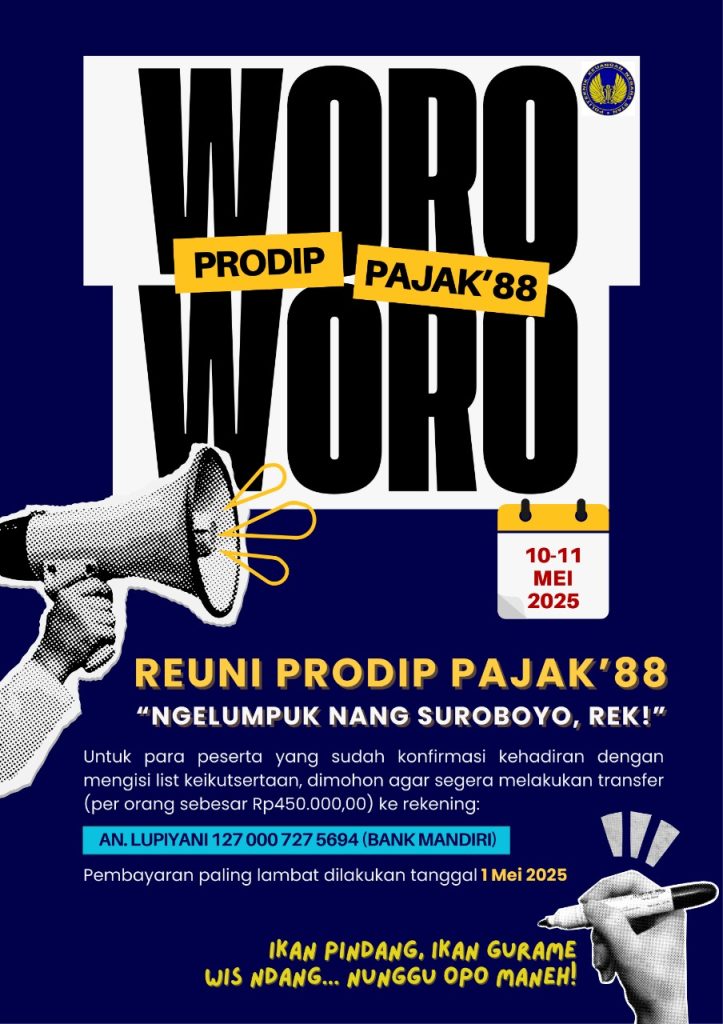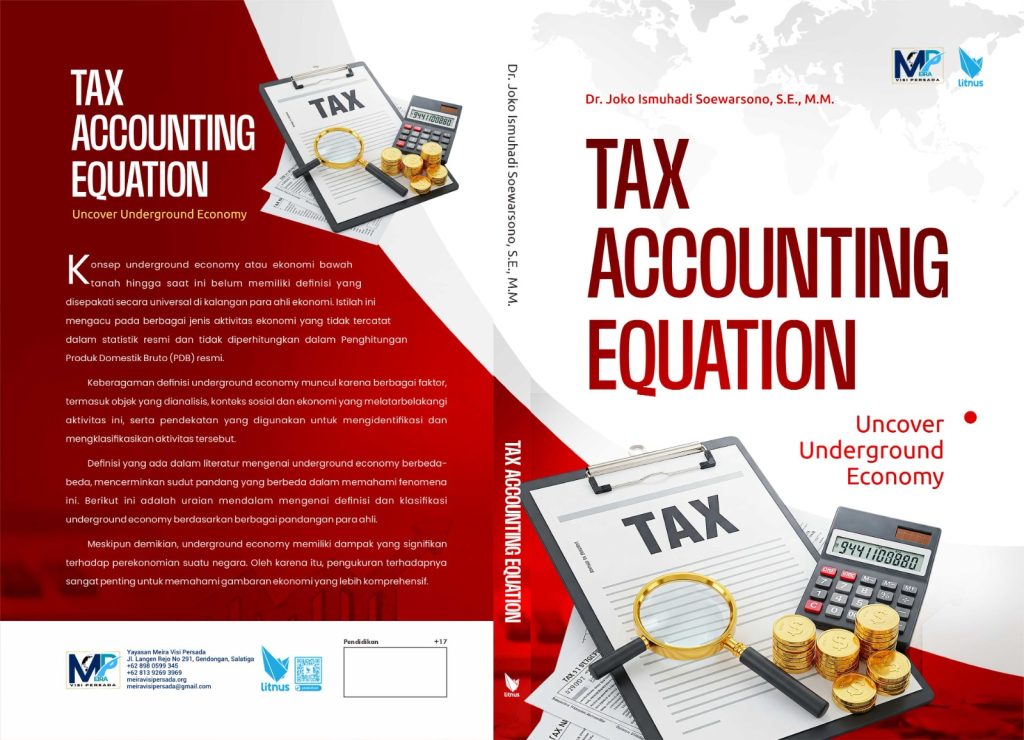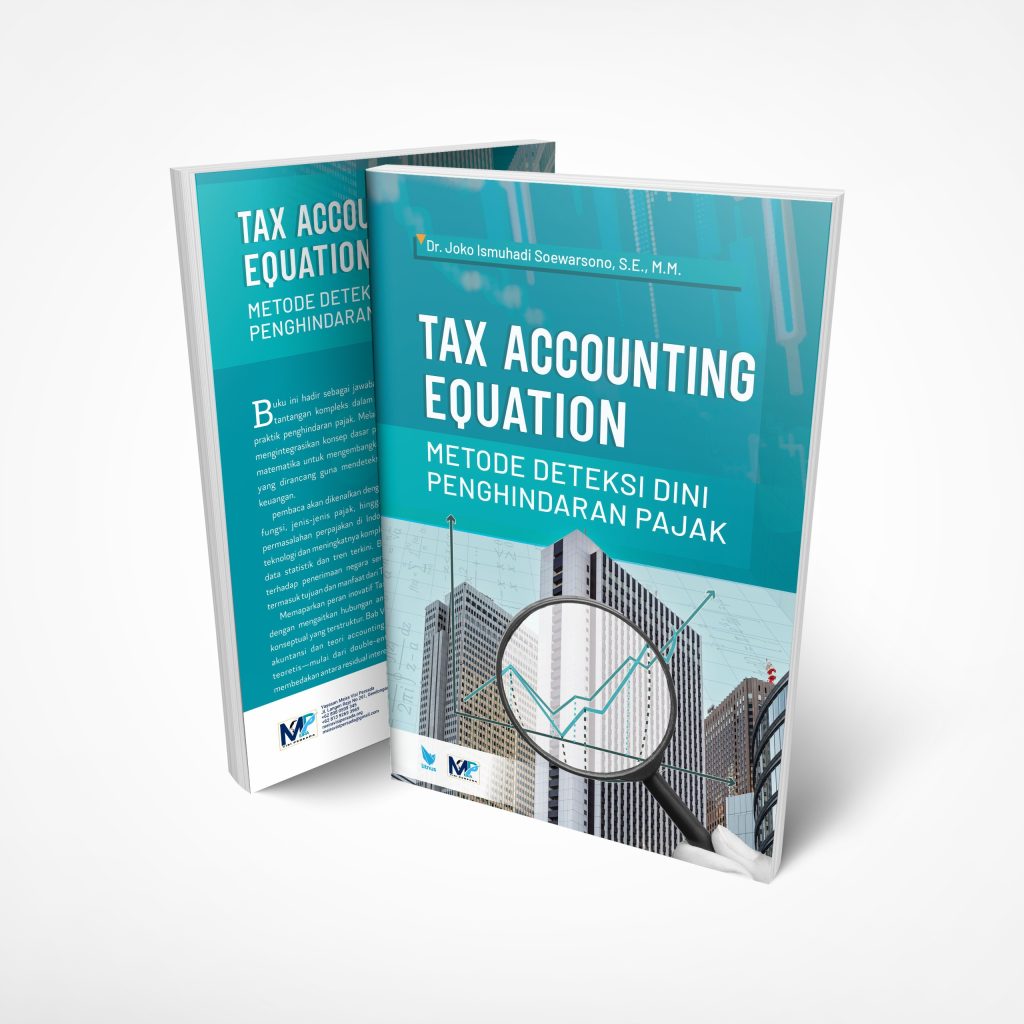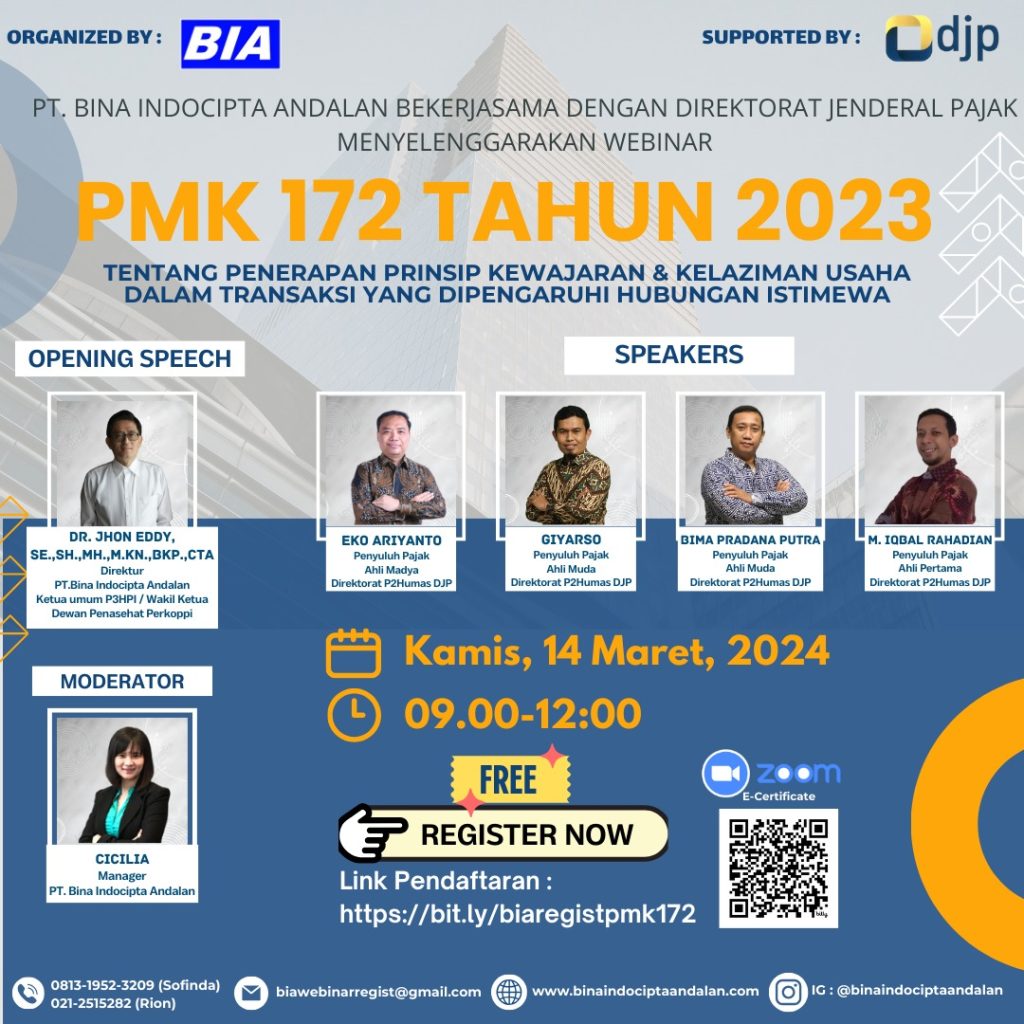
Uncovering Underground Economy Activity in Indonesia
- Ekonomi
Tuesday, 15 April 2025 23:15 WIB
Jakarta, fiskusnews.com:
Executive Summary: The underground economy in Indonesia represents a significant portion of the nation’s economic activity, encompassing both illicit transactions and unreported legal activities. This report delves into the multifaceted nature of this phenomenon, defining its characteristics within the Indonesian context, identifying key sectors such as informal labor, unregistered businesses, and illicit trade, and analyzing the primary drivers fueling its prevalence. The estimated size of Indonesia’s underground economy varies considerably across studies, highlighting the challenges in its measurement, but its impact on GDP and employment is undeniably substantial. Government policies and initiatives aimed at formalizing this sector and combating illegal activities are explored, alongside regional case studies that illustrate the diverse forms the underground economy takes across the archipelago. The report also examines the social and political implications of this hidden economic sphere and concludes by addressing the complexities involved in its measurement and regulation, offering recommendations for future policy considerations.
Introduction: Understanding the Underground Economy in Indonesia: The underground economy, in a global context, refers to economic transactions that are deemed illegal due to the nature of the goods or services traded or because these transactions fail to comply with governmental reporting requirements. This hidden sector, also known as the shadow economy, black market, or informal economy, operates outside the purview of official oversight and taxation. While the specific elements of the underground economy can vary from nation to nation, a common thread is the deliberate concealment of economic activity from governmental authorities.
In Indonesia, the underground economy encompasses a wide array of activities, extending beyond purely illegal operations to include legal activities such as informal work and small businesses that do not report income to avoid taxes and complex regulations. This perspective is supported by various studies that highlight the significant role of tax evasion as a primary motivator for participation in the underground economy. The distinction between the underground and informal economies in Indonesia is often blurred, as many informal activities are part of the broader underground economy due to the intention of avoiding formal regulations and tax obligations. However, while the informal economy may arise from a lack of access to the formal market or capacity to comply with regulations, the underground economy often implies a conscious decision to operate outside the formal framework to evade taxes, labor laws, and administrative paperwork. Therefore, a defining characteristic of Indonesia’s underground economy is the significant role of tax evasion and avoidance, where individuals and businesses deliberately conceal their economic activities to minimize their tax liabilities.
Key Sectors of Underground Economic Activity in Indonesia: The underground economy in Indonesia is characterized by several key sectors that contribute to its significant size and impact. These sectors include informal labor, unregistered businesses, and illicit trade, each with its own dynamics and implications for the broader economy.
Informal Labor: Informal labor constitutes a substantial segment of the Indonesian economy, characterized by activities that are not covered or insufficiently covered by formal arrangements. This sector is marked by small-scale operations, a high prevalence of self-employment, labor-intensive production methods, and a workforce that is generally unskilled or semi-skilled. A notable feature of informal labor in Indonesia is the higher participation of women compared to men. Informal labor is concentrated in key sectors such as agriculture, low-skilled services encompassing retail, transport, repair, and hospitality, as well as construction and small-scale manufacturing. The motivations for individuals and businesses to engage in informal labor are multifaceted. For many, it is driven by poverty and a lack of formal job opportunities, compelling them to seek any means of livelihood. The flexibility offered by informal work and the desire to avoid complex regulations and taxes also contribute to its prevalence. Furthermore, a lack of trust in government agencies and the formal system can lead individuals and businesses to remain in the informal sector.
Unregistered Businesses: Unregistered businesses, predominantly micro, small, and medium-sized enterprises (MSMEs), form another critical component of Indonesia’s underground economy. These entities often operate without the necessary licenses or tax registration, allowing them to evade formal oversight. Sectors such as traditional markets, home-based industries, and certain segments of manufacturing and services exhibit a high prevalence of unregistered businesses. The reasons behind businesses remaining unregistered include the desire to avoid complex regulations and the associated high compliance costs. A lack of awareness or understanding of the formalization processes and instances of potential extortion by local authorities can also deter businesses from registering.
Illicit Trade: Illicit trade encompasses a range of illegal activities that contribute significantly to Indonesia’s underground economy. This includes the smuggling of various goods such as textiles, electronics, fuel oil, and protected rare animals into and out of the country. Illegal logging and mining of non-renewable resources also constitute a major part of illicit trade. Furthermore, drug trafficking, human trafficking, and the trade in counterfeit goods are significant illegal activities within Indonesia’s underground economy. Key sectors affected by illicit trade include textiles, electronics, natural resources like timber and minerals, as well as wildlife and narcotics. Indonesia’s geographical characteristics, with its extensive archipelago and long coastline, along with border weaknesses, facilitate these illicit trade activities by providing numerous entry and exit points for traffickers and smugglers.
Primary Drivers and Causes of the Underground Economy: Several primary drivers and causes contribute to the prevalence of the underground economy in Indonesia. Poverty and unemployment are significant factors, compelling individuals to seek livelihoods in the informal and underground sectors when formal opportunities are scarce. For many Indonesians, participation in the underground economy is not a matter of choice but a necessity for survival.
High tax burdens and complex regulatory frameworks also play a crucial role in driving economic activities underground. Businesses and individuals may find it more cost-effective and less burdensome to operate outside the formal system, avoiding stringent regulations and significant tax obligations. This avoidance is often seen as a rational response to the perceived costs of formality.
Weak institutional quality, encompassing corruption and a lack of trust in government institutions, further fosters an environment conducive to the growth of the underground economy. When individuals and businesses have low trust in the fairness and effectiveness of government institutions, they may be more inclined to operate in the underground economy, where they can avoid interactions with these institutions. Corruption can also facilitate underground activities by allowing individuals and businesses to bypass regulations and enforcement through illicit means.
The relationship between financial innovation and banking development and the underground economy is complex. While advancements in financial technology can increase transparency and facilitate formal economic activities, they can also be exploited to conduct transactions within the underground economy. The impact of financial innovation on the underground economy may also be non-linear, with different effects observed at varying levels of financial development.
Finally, social norms and values, including tax morale and public trust, significantly influence the prevalence of the underground economy. In societies where tax morale is low and public trust in government is weak, individuals may be more accepting of or even inclined towards participating in the underground economy. This can create a cycle where widespread participation in the underground economy further erodes trust and compliance with formal regulations.
Estimated Size and Economic Impact: The estimated size of Indonesia’s underground economy varies considerably depending on the methodology and time period of the study. Estimates range from approximately 8% to over 50% of the country’s Gross Domestic Product (GDP). This wide range underscores the inherent difficulty in accurately measuring hidden economic activities. Nevertheless, these estimations indicate that a significant portion of Indonesia’s economic output occurs outside formal reporting channels.
The informal sector, a significant component of the broader underground economy, is estimated to contribute between 20% and 36% to Indonesia’s GDP. This substantial contribution highlights the importance of the informal sector to the overall economic activity in Indonesia.
In terms of employment, the underground economy, particularly the informal sector, plays a pivotal role. It is estimated that around 50% to 75% of Indonesia’s total workforce is engaged in informal employment. This significant number underscores the sector’s role as a major provider of livelihoods, especially for those who lack access to opportunities in the formal economy, including the poor and less educated segments of the population.
Government Policies and Initiatives: The Indonesian government has implemented various policies and initiatives aimed at formalizing the underground economy and combating illegal activities. Efforts to formalize the underground economy primarily focus on encouraging the transition of informal businesses and workers into the formal sector. These policies include simplifying business registration processes through initiatives like the Online Single Submission (OSS) system. The government has also reduced registration fees and business taxes for MSMEs to incentivize formalization. Furthermore, programs aimed at improving access to financial services for MSMEs, such as subsidized credit schemes, are intended to make formalization more attractive. The Job Creation Law (Omnibus Law) is a significant legislative effort designed to streamline regulations, simplify licensing, and create a more conducive business environment, with the goal of encouraging informal businesses to formalize and generate more formal employment opportunities. The government is also leveraging digitalization to facilitate formalization by making registration and compliance processes more efficient and accessible.
In combating illegal activities within the underground economy, the government has undertaken several measures. Task forces have been established, such as the Anti-Illegal Imports Task Force, to crack down on illicit trade. Increased customs checks and the destruction of confiscated illegal imports are also part of these efforts. Indonesia has strengthened its anti-money laundering (AML) framework and is a member of the Financial Action Task Force (FATF), demonstrating its commitment to combating financial crimes that are often linked to the underground economy. Various initiatives are also in place to combat illegal logging, wildlife trafficking, and other forms of illegal resource extraction, often in collaboration with international organizations.
Regional Case Studies of Underground Economic Activities: The underground economy in Indonesia manifests in various forms across its diverse regions. Informal trading in markets is a common sight throughout the archipelago, providing livelihoods for a significant portion of the urban and rural population. Illegal logging and mining activities have been reported in provinces such as Kalimantan and Sulawesi, driven by the demand for timber and minerals and often linked to corruption. Illicit trade, including the smuggling of goods like textiles and electronics, often occurs through the numerous ports and border regions, particularly in areas like Sumatra and Batam. The rise of online platforms has also facilitated underground economic activities such as online gambling and other illicit operations. Human and wildlife trafficking are other pervasive issues, with established routes and networks operating across the Indonesian archipelago. For instance, the illegal wildlife trade sees endangered species trafficked through various regions, often destined for both domestic and international markets. Similarly, human trafficking involves the movement of individuals, often from economically disadvantaged regions, to areas or countries where they are exploited for labor or sexual purposes. In the border region of Bengkayang, West Kalimantan, studies have highlighted the presence of underground economic activities such as unregistered liquor production and trade, often associated with corrupt practices. These regional examples underscore the varied nature and geographical spread of the underground economy in Indonesia.
Social and Political Implications: The underground economy in Indonesia carries significant social and political implications. On the social front, while it provides crucial livelihoods for many, particularly those in poverty and with limited access to formal employment, it also often perpetuates inequality and poor working conditions. Workers in the informal sector often lack social protection, face hazardous working environments, and receive low wages, trapping them in a cycle of poverty. The existence of a large underground economy also has implications for social equity, as those operating within it may evade taxes and regulations, creating an uneven playing field for formal businesses and potentially leading to a greater burden on compliant taxpayers.
Politically, the underground economy poses challenges for governance. It leads to significant revenue losses for the government, hindering its ability to fund public services and development initiatives. The difficulty in controlling and regulating this sector can also undermine the effectiveness of economic policies. Furthermore, the underground economy can be closely linked to organized crime and corruption, potentially leading to political instability and eroding public trust in government authorities. The lack of transparency and regulation within the underground economy can create opportunities for illicit activities to flourish, further complicating governance efforts.
Challenges in Measurement and Regulation: Measuring the size and scope of the underground economy in Indonesia presents inherent challenges due to its hidden nature and the reluctance of participants to disclose their activities. The clandestine nature of these economic transactions means they are not typically captured in official statistics, making direct measurement extremely difficult. Various indirect methods are employed to estimate the size of the underground economy, each with its own limitations. The monetary approach, for example, assumes that underground transactions are primarily conducted in cash to avoid detection, but this may not always be the case. Discrepancy methods, which compare national expenditure and income statistics or official and actual labor force data, can be affected by statistical errors and other factors unrelated to the underground economy. Surveys, while providing detailed information, rely on the honesty and willingness of respondents to disclose potentially illegal or unreported activities, which can lead to underreporting.
Regulating the informal sector and combating illicit trade also involve significant complexities. The diverse nature of activities within these sectors, ranging from small-scale informal traders to large-scale smuggling operations, requires tailored regulatory approaches. The motivations of participants, whether driven by necessity, opportunity, or a desire to evade regulations, also complicate enforcement efforts. Additionally, factors such as corruption and weak institutional capacity can hinder the effective regulation of the underground economy.
Conclusion and Recommendations: The underground economy in Indonesia is a pervasive and complex phenomenon with significant economic, social, and political ramifications. While it provides a crucial safety net for a large segment of the population, it also poses considerable challenges for governance, revenue collection, and equitable economic development. Understanding the key sectors, primary drivers, and the estimated size of this hidden economy is essential for formulating effective policies.
To address the challenges posed by the underground economy, the following recommendations are proposed:
- Enhance Formalization Efforts: The government should continue and strengthen its initiatives to formalize the informal sector, particularly MSMEs. This includes simplifying registration processes, reducing compliance costs, and providing greater access to financial services and business development support. Building trust between informal economic actors and government agencies is crucial for the success of these efforts.
- Strengthen Enforcement Against Illicit Trade: Efforts to combat illicit trade should be intensified through enhanced border controls, increased surveillance at known illegal entry points, and robust enforcement by dedicated task forces. International cooperation is also vital in addressing transnational illicit trade activities.
- Address Corruption and Improve Governance: Tackling corruption at all levels is paramount to reducing the incentives for operating in the underground economy. Strengthening institutional capacity, promoting transparency, and ensuring the rule of law are essential steps in this direction.
- Improve Data Collection and Measurement: Investing in research and developing more accurate methodologies for measuring the underground economy is crucial for effective policy formulation. This may involve refining existing approaches or exploring new techniques to better capture the nuances of this hidden sector.
- Tailored Policy Approaches: Recognizing the diverse nature of the underground economy across different sectors and regions, the government should adopt tailored policy approaches that address the specific drivers and characteristics of these activities.
By implementing these recommendations, Indonesia can work towards formalizing a greater portion of its economy, combating illicit activities, and ultimately fostering more inclusive and sustainable economic growth.
Reporter: Marshanda Gita – Pertapsi Muda

Share
Berita Lainnya
WEBINAR PAJAK, OnlineRabu, 30 Oktober 2024: Seluk Beluk Pidana Perpajakan
Uncovering Financial Crime: The Role of the Tax Accounting Equation
Tax Amnesty versus Pasal 4 Ayat (1) huruf p UU PPh
Persamaan Akuntansi Pajak oleh Dr. Joko Ismuhadi Soewarsono Menutup Celah Pajak dengan Mengubah Pasal 4 Ayat (1) UU PPh
Ismuhadi’s Equation: A Novel Forensic Accounting Tool for Enhanced Tax Enforcement in Indonesia
Rencana Universitas Korea Buka Jurusan Industri Hiburan untuk Mahasiswa Internasional Penggemar Kpop dan Drakor
Mahasiswa Program Doktoral Universitas Borobudur Melaksanakan International Lecturer di Jepang
Rekomendasi untuk Anda

Berita Terbaru
Eksplor lebih dalam berita dan program khas fiskusnews.com
Tag Terpopuler
# #TAE
# #TAX ACCOUNTING EQUATION
# #TAX FRAUD
# #TAX EVASION




